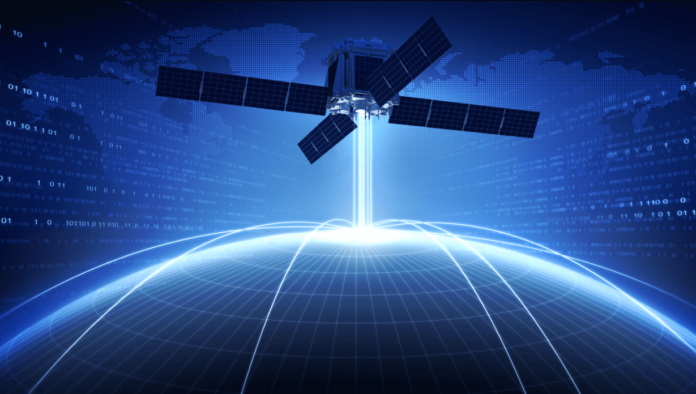A global quantum internet has been the goal for physicists everywhere for a long time now. The problem is that even a small step seems to take so long to achieve. However, this month, researchers from The Australian National University (ANU) may have made a major breakthrough. Program Manager in the Centre for Quantum Computation and Communication Technology (CQC2T) at ANU and Associate Professor Matthew Sellars and the team have discovered that erbium-doped crystals are very well suited to become part of the foundations for the global quantum internet.
“The effort to build a quantum computer is often described as the ‘space race of the 21st century’, but today’s computers didn’t realize their full potential until we had the internet,” explains Sellars. “We have shown that an erbium-doped crystal is a perfect material to form the building blocks of a quantum internet that will unlock the full potential of future quantum computers.”
The idea originally came about around 10 years ago, but many people were against it and said the idea would never work. “Seeing this result, it feels great to know that our approach was the right one,” says Sellars.
Sellars work effectively demonstrates how the storage times of telecom-compatible quantum memory can be improved and is something which is vital for enabling a practical quantum internet. “Memories allow us to buffer and synchronize quantum information, operations necessary for long-range quantum communication,” confirmed Dr. Rose Ahlefeldt, DECRA Fellow at ANU and CQC2T. “At the moment researchers are using memories that don’t work at the right wavelength, and have to employ a complicated conversion process to and from the communications wavelength.”
The problem is that this can be a very inefficient way to do things as they now have three things to do rather than just one. The good thing about erbium is that it’s unique quantum properties allow it to operate in the same band as the fiber optic networks that are in place at the moment. “We’ve shown that erbium ions in a crystal can store quantum information for more than a second, which is 10,000 times longer than other attempts, and is long enough to one day send quantum information throughout a global network,” says Milos Ranchi, Ph.D. candidate and first author of the study.
More News to Read
- Researcher Discovered a New Way of Eco-Friendly Disposal for Data Security and Healthcare
- NASA’s Ocean Observation Reveals Sea-Level Fingerprints
- Chinese Scientists Create Device That Converts Blood Flow Energy into Electricity
- Researches Revealed a New Clinically Tested Drugs that Inhibits the Growth of Tumours
- What Do You Think About Clothes that Grow With Your Child?

